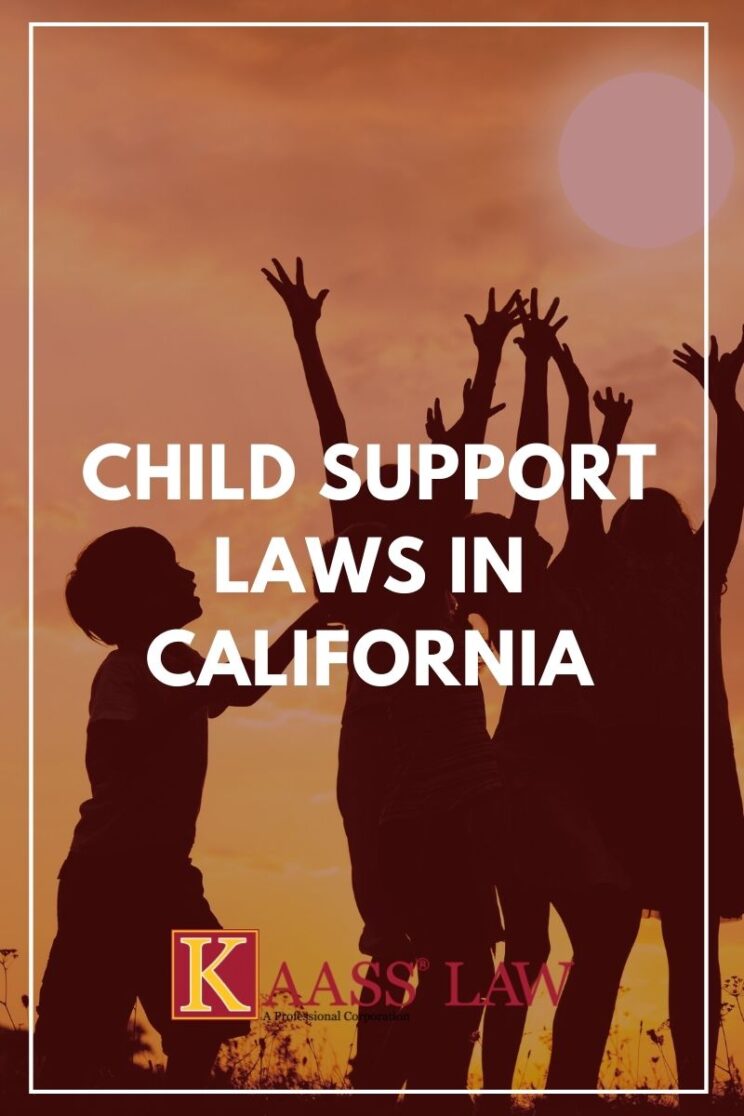What is Wage Garnishment?
Wage garnishment allows an individual’s earnings to be withheld by an employer for the payment of a debt such as a child support.
What Income is Eligible for Wage Garnishment?
According to the California Code, Family Code section 5206, earnings include:
- wages, salary, bonus, money, and benefits;
- payments due for services of independent contractors, interest, dividends, rents, royalties, residuals, patent rights, or mineral or other natural resource rights;
- payments or credits due or becoming due as a result of written or oral contracts for services or sales whether denominated as wages, salary, commission, bonus or otherwise;
- payments due for workers’ compensation temporary disability benefits;
- payments due as a result of disability benefits; and
- any other payments or credits due or becoming due, regardless of source.
Is There a Maximum Wage Amount Subject to Garnishment?
Yes, there is a maximum wage amount that can be subject to garnishment. Under the Consumer Credit Protection Act’s Tile III, the maximum allowable garnishment from disposable earnings cannot exceed 50% if the worker is supporting another spouse or child, or up to 60% if the worker is not. Furthermore, an additional 5% may be garnished for support payments more than 12 weeks in debt.
When Does Wage Garnishment Go into Effect?
Wage garnishment goes into effect immediately after the court order is finalized.
Can an Employer Fire an Employee Whose Earnings Are Subject to Garnishment?
No, under the Consumer Credit Protection Act, an employer is prohibited from firing an employee whose earnings are subject to garnishment for any one debt.
What Are the Consequences of Not Paying Child Support?
Not paying child support can lead to serious consequences, including being in contempt of court, which may lead to jail time.
It is important to ask the court to change the child support amount should an individual lose their job or any other important change that decreases an individual’s income.
Attorneys at KAASS LAW
If you or someone you know is subject to wage garnishment and have further issues and/or questions, please contact us at 310.943.1171 for a free consultation. Our attorneys will evaluate the details of your matter and let you know what to expect and how you can proceed.

